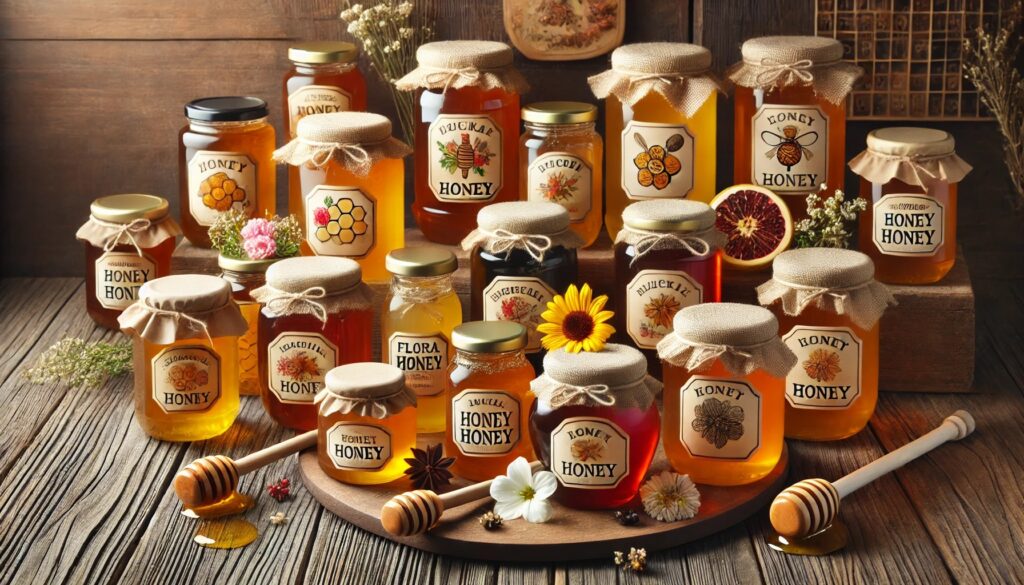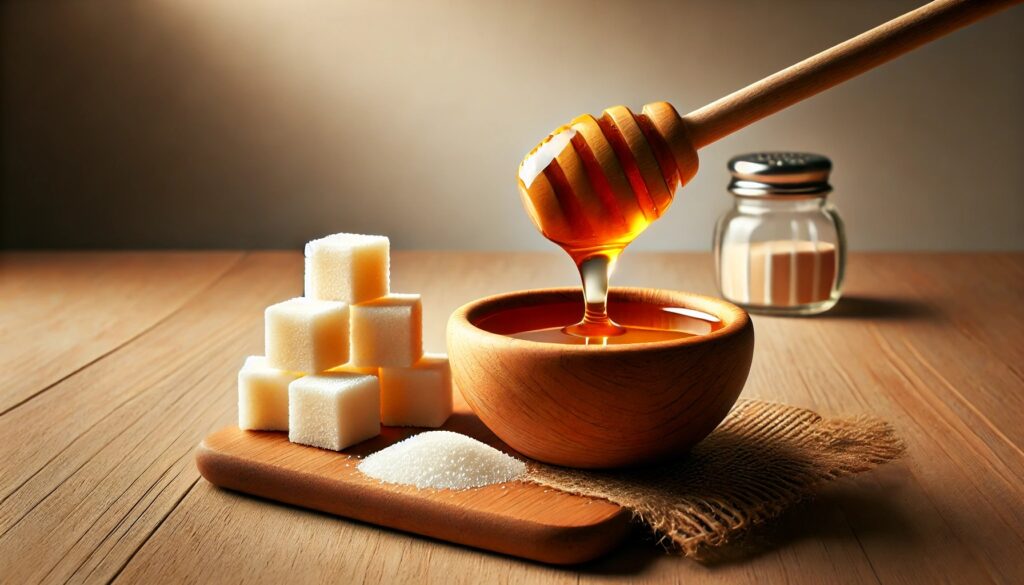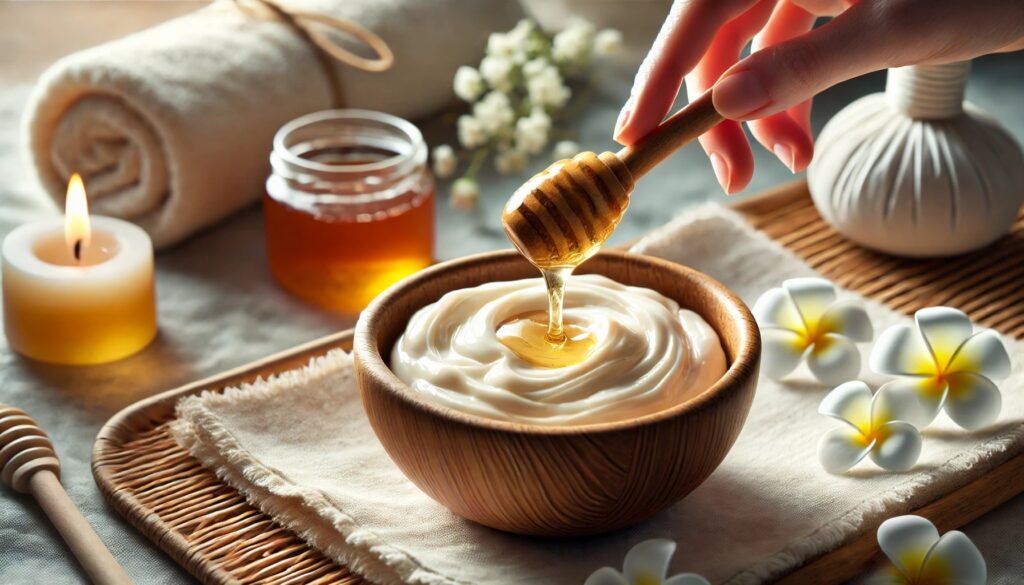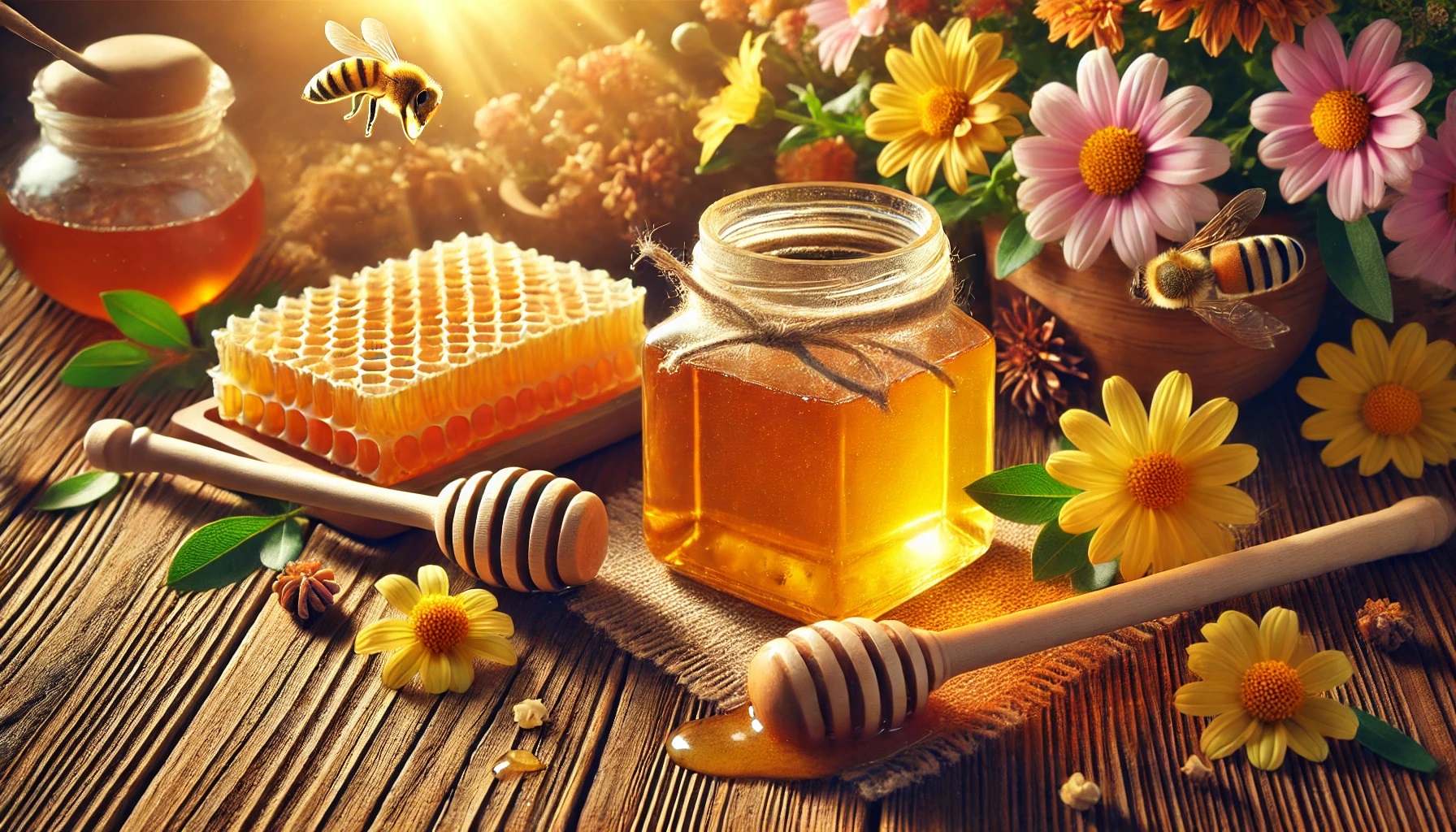Honey is more than just a sweetener; it’s surrounded by a swirl of myths and facts. From its health benefits to its origins, honey has sparked many beliefs over the years. Let’s clear up some of these misconceptions and uncover the sweet truths behind this golden substance.
1. Honey Never Spoils
Myth
Many people believe that honey lasts forever and never spoils. While it’s true that honey has a long shelf life due to its natural preservatives, it’s not quite eternal. Over time, honey can crystallize or change in flavor, but it remains safe to eat. Just make sure to store it properly in a sealed container to keep it fresh.
2. Honey Has Natural Antibacterial Properties
Fact
Honey isn’t just delicious; it’s also a natural healer. Its antibacterial properties come from its low moisture content and high acidity, which create an environment where bacteria struggle to thrive. This makes honey a great choice for soothing sore throats and helping wounds heal.

3. All Honey Is the Same
Myth
Not all honey is created equal! Honey can vary widely depending on its floral source, region, and processing methods. Different types of honey have unique flavors, colors, and health benefits. For example, Manuka honey from New Zealand is known for its potent antibacterial properties, while clover honey is milder and more common.
4. Honey Can Help with Allergies
Fact
Some studies suggest that consuming local honey may help with seasonal allergies. The idea is that local honey contains trace amounts of pollen from the area, which could potentially build up immunity over time. However, this doesn’t mean honey is a cure-all, but it might offer some relief for allergy sufferers.

5. Honey Is a Healthy Alternative to Sugar
Myth
While honey does have some nutritional benefits over regular sugar, like antioxidants and trace vitamins, it’s still a form of sugar and should be used in moderation. Excessive consumption can lead to similar health issues as eating too much sugar, such as weight gain and increased risk of diabetes.
6. Honey Has Been Used for Centuries
Fact
Honey has been used by various cultures for thousands of years, not just as a sweetener but also for its medicinal properties. Ancient Egyptians, Greeks, and Chinese all valued honey for its healing abilities, and it continues to be a popular remedy in traditional medicine practices today.
7. Honey Is Safe for Babies
Myth
One of the most important facts about honey is that it’s not safe for infants under one year old. Honey can contain spores of Clostridium botulinum, which can cause infant botulism, a rare but serious illness. Always wait until your baby is over one year old before introducing honey into their diet.

8. Honey Can Improve Skin Health
Fact
Honey isn’t just good for the inside; it’s beneficial for your skin too. Its moisturizing and antibacterial properties make it a popular ingredient in face masks and skin treatments. It helps to soothe and hydrate the skin, making it a natural beauty booster.
9. Honey Is a Good Substitute for Medicine
Myth
While honey has many health benefits, it’s not a substitute for medical treatment. It can help with minor ailments and support overall health, but it shouldn’t replace prescribed medications or professional medical advice. Always consult with a healthcare provider for serious health issues.
10. Honey Is a Natural Energy Booster
Fact
Honey is a natural source of carbohydrates, which provide a quick energy boost. Athletes often use honey as a natural energy source before or during exercise due to its easily digestible sugars. It’s a tasty way to keep your energy levels up.
Conclusion: Honey’s Sweet Balance
Honey is a remarkable natural substance with a blend of myths and facts. While some beliefs about honey are rooted in truth, others are just sticky misconceptions. By separating fact from fiction, we can better appreciate honey’s role in our diets and health. So next time you drizzle some honey on your toast or use it in a recipe, you can enjoy it with a clearer understanding of its sweet benefits and limitations.
Reference
Sioux Honey’s guide, “12 Honey Myths vs. Facts”
BJC HealthCare’s article, “Honey Myths and Facts”




